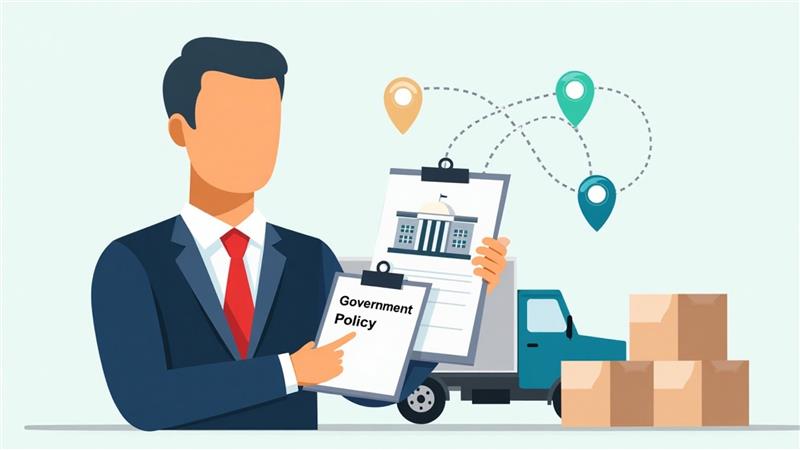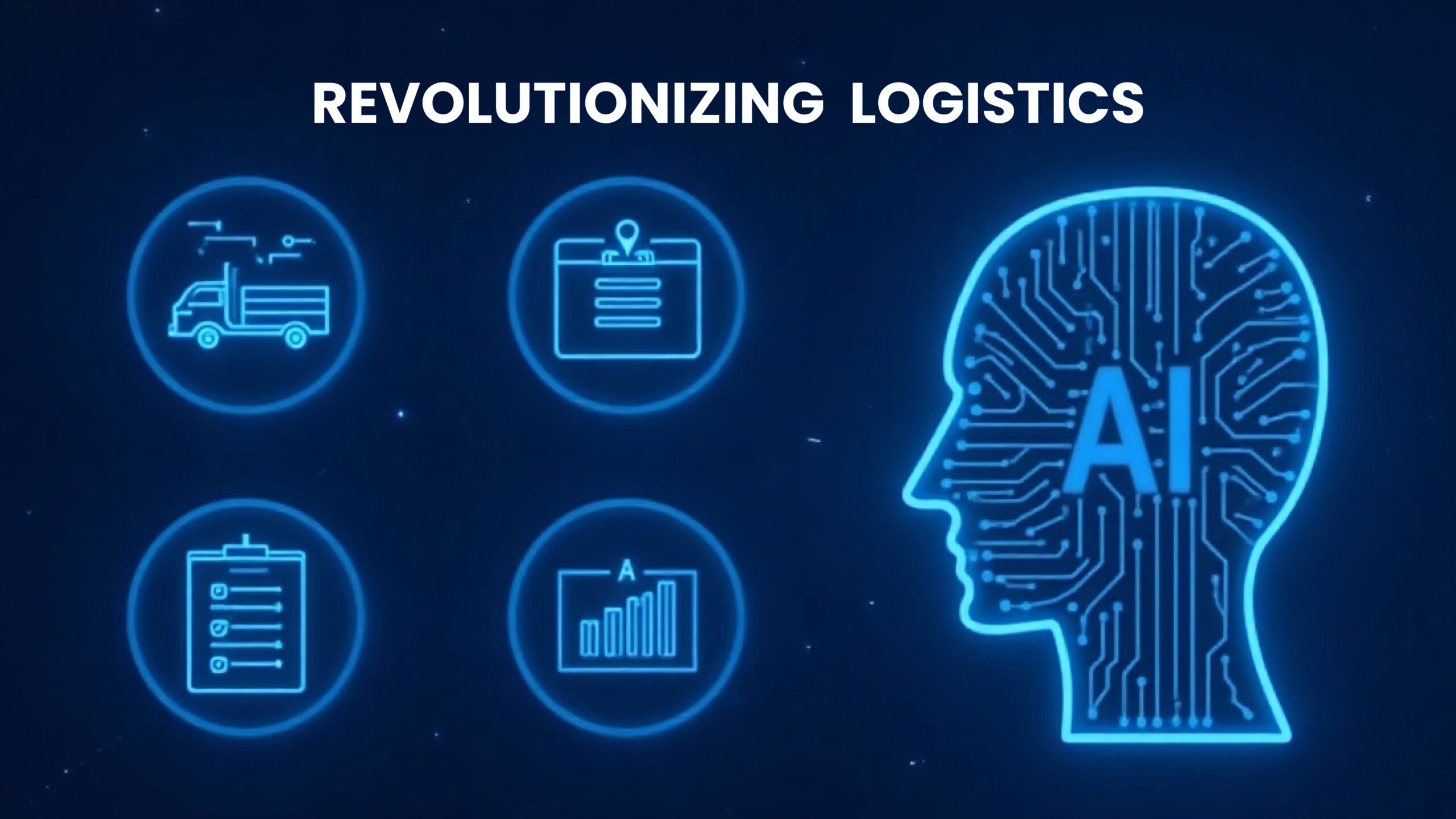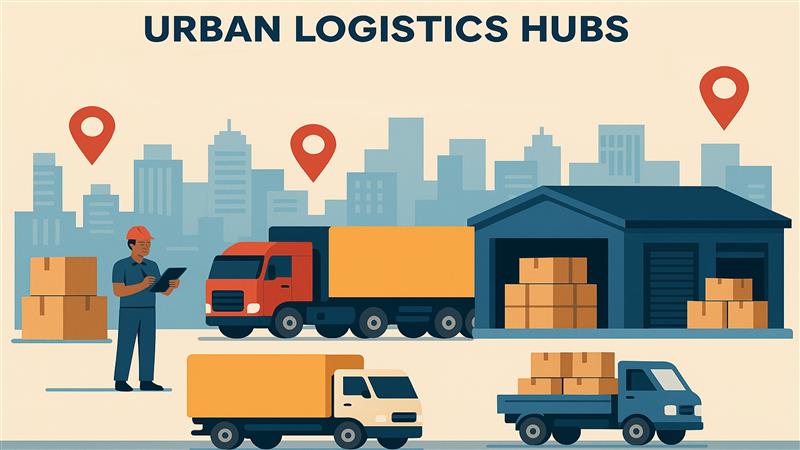In an era in which environmental responsibility has moved from a peripheral concern to a core business imperative, global companies are increasingly looking inwards and outwards to enhance the sustainability of their operations. A significant, yet often understated, force in this transformation is the growing role of their Global Capability Centers (GCCs), many of which are based in India. Leveraging India’s technological prowess and talent pool, these centers are becoming pivotal in driving sustainable practices throughout global supply chains, particularly through the innovative application of Artificial Intelligence (AI).
Indian GCCs: Pioneering Sustainability Initiatives
Indian GCCs, initially established for IT, R&D, and customer service functions, are now evolving into strategic hubs for sustainability innovation. These centers are incorporating green technologies, utilizing renewable energy, promoting energy-efficient practices, and advocating for green mobility within their own operations. Furthermore, they are extending their influence to the broader global supply chains of their parent organizations.
According to EY India’s inaugural ESG GCC Survey 2024, over 50% of GCCs in India have already initiated efforts to assist their global counterparts in advancing the Environmental, Social, and Governance (ESG) agenda. Leveraging their existing capabilities in areas like project management, technology transformation, supply-chain management, risk management, and data analytics, Indian GCCs are becoming instrumental in the end-to-end ESG implementation journey.
AI: The Engine of Sustainable Transformation

Several key sustainability trends are being amplified by AI within these centers:
- Optimized Logistics and Transportation: AI algorithms are being deployed to analyze real-time data on weather conditions, traffic patterns, and port congestion to determine the most efficient shipping routes. This optimization minimizes fuel consumption, reduces operational costs, and ensures timely deliveries. For instance, AI can predict port congestion, allowing for route adjustments to avoid delays and reduce fuel usage.
- Predictive Maintenance for Reduced Waste: By integrating AI with Internet of Things (IoT) sensors, GCCs are enabling shipping companies to continuously monitor the health of their vessels and predict potential equipment failures before they occur. This proactive approach to maintenance reduces downtime, prevents costly breakdowns, and extends the lifespan of assets, thereby minimizing waste and resource consumption.
- Smart and Energy-Efficient Warehousing: Indian GCCs are contributing to the development and implementation of AI-driven robotics and automation in warehousing. This leads to more efficient inventory management, reduced energy consumption through optimized lighting and climate control, and fewer errors, all contributing to a smaller environmental footprint.
- Enhanced Supply Chain Visibility and Risk Assessment: AI-powered analytical tools are being leveraged by Indian GCCs to assess and integrate ESG-related risks into overall supply chain strategies. Real-time visibility allows for proactive monitoring and mitigation of environmental, social, and governance risks, including disruptions due to climate conditions or supply chain vulnerabilities.
- Data-Driven ESG Reporting and Transparency: GCCs are playing a crucial role in developing advanced reporting systems that integrate data analytics and digital platforms for real-time tracking and reporting of sustainability metrics. This increased transparency promotes better communication of ESG activities to stakeholders, fostering trust and enabling continuous improvement of sustainability strategies.
Early Movers: Companies Leveraging Indian GCCs for Sustainability
Here are just a few examples of how Indian GCCs are already optimizing their supply chain operations for better ESG compliance:
- An agro commodity GCC in India streamlined data collection and monitoring for over 50 ESG metrics across seven business units, integrating these into the organization’s IT systems. This enhanced visibility is crucial for managing and improving sustainability performance in their agricultural supply chain.
- A leading alco-bev GCC in India designed a supplier engagement platform with interactive Power BI reports to gather and oversee Greenhouse Gas (GHG) emissions. This proactive engagement with suppliers to monitor and improve their environmental impact demonstrates a direct contribution to a more sustainable supply chain.
- The Maersk Technology Centre in Bangalore provides a compelling example of an Indian GCC leveraging AI and Robotic Process Automation (RPA) to optimize crucial on-ground support functions like order bookings and amendments. While this specific initiative focused on operational efficiency, it showcases the center’s capability in applying advanced technologies to streamline processes within a global shipping giant, which has broader implications for potential future sustainability initiatives across their vast supply chain.
India’s emergence as a frontrunner in enabling sustainable supply chains through GCCs is underpinned by several key factors:
- Robust Technological Infrastructure and Digital Adoption: India has witnessed significant advancements in its digital infrastructure, facilitating the seamless integration and deployment of AI and other advanced technologies crucial for sustainability initiatives. The government’s push for digital transformation aligns perfectly with the data-intensive nature of AI-driven sustainability solutions.
- Vast and Skilled Talent Pool: India boasts a large and highly skilled talent pool in areas like data science, AI, and software development. This readily available expertise is essential for developing, implementing, and managing the sophisticated technological solutions required for enhancing supply chain sustainability through GCCs. The Maersk Technology Centre in Bangalore, for example, saw its team evolve from software engineers to data scientists through their AI-driven projects.
- Government Support and Policy Focus on Sustainability: India is increasingly focusing on sustainability, as evident in its Long-Term Low Greenhouse Gas Emission Development Strategy (LT-LEDS). This national emphasis provides a conducive environment for GCCs to align their strategies with broader national goals, further encouraging investment and innovation in green technologies and practices.
- Cost-Effectiveness and Operational Efficiency: Setting up and operating GCCs in India offers significant cost advantages for global companies. This allows them to allocate resources not only towards core business functions but also towards strategic sustainability initiatives that might face budgetary constraints elsewhere. The operational efficiencies gained through centralized functions in GCCs also contribute to reducing waste and optimizing resource utilization.
- Global Connectivity and Strategic Location: India’s geographical location and its increasing global connectivity make it a strategic hub for managing international supply chains. This facilitates the collection and analysis of data from diverse sources, crucial for effective AI-driven sustainability initiatives across global operations.
Overcoming Challenges and Embracing the Future

While the potential of Indian GCCs in driving sustainable supply chains is immense, several challenges need to be addressed:
- Data Privacy and Security Concerns: The reliance on vast amounts of data for AI-driven sustainability initiatives raises concerns about data privacy and security. Robust data governance frameworks and security measures are essential to ensure responsible and ethical data utilization.
- Integration with Legacy Systems: Integrating new AI-powered sustainability solutions with existing legacy systems can be complex and costly. A strategic and phased approach is necessary to ensure seamless integration and maximize the benefits of new technologies.
- Need for Skilled Personnel and Training: While India has a strong talent pool, continuous upskilling and training are crucial to keep pace with the rapidly evolving field of AI and sustainability. Companies need to invest in developing the necessary expertise within their GCCs.
- Ensuring Global Stakeholder Buy-in and Collaboration: Effective implementation of sustainability initiatives requires strong collaboration and buy-in from all global stakeholders. GCCs need to work closely with their parent organizations and other partners to align goals and ensure coordinated action.
Despite these challenges, the momentum achieved by Indian GCCs for supply chain sustainability is undeniable. The strategic advantages offered by India, coupled with the transformative power of AI, position these centers as key drivers in the global transition towards more environmentally responsible and resilient supply chains.
Astravise Services: Your Partner in Building Sustainable Indian GCCs
At Astravise Services, we understand the critical role that Indian GCCs play in achieving global sustainability objectives. With our deep experience and expertise in guiding companies through the process of setting up and optimizing their GCCs in India, we are well-equipped to help you develop the right strategy for embedding sustainability at the core of your operations. Our services are tailored to ensure that your Indian GCC not only meets your business goals but also becomes a catalyst for a greener and more sustainable future for your global supply chain.










